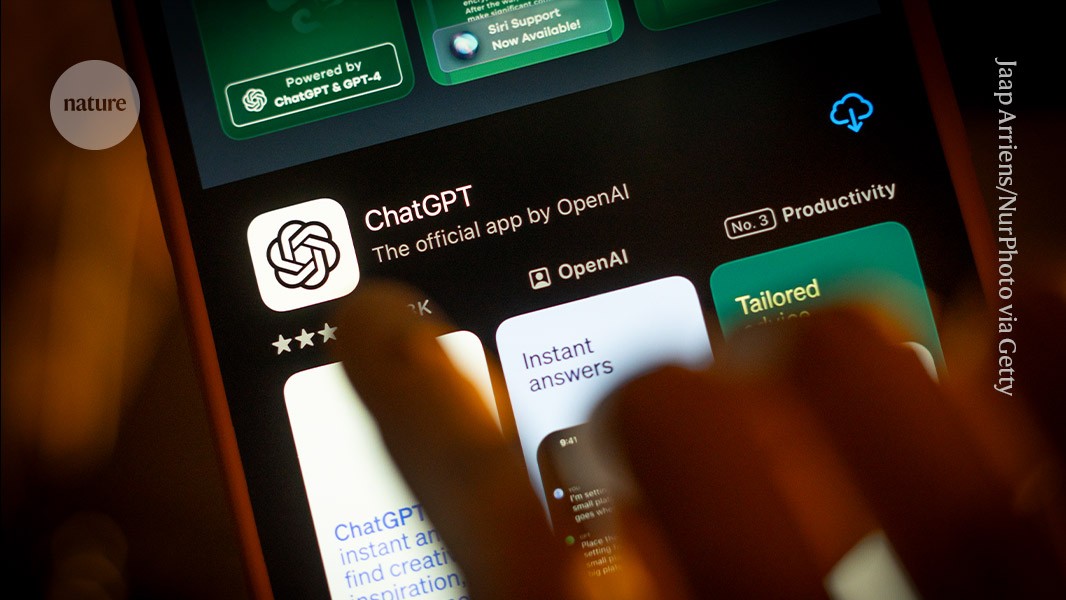
"Accounts of people developing psychosis - which renders them unable to distinguish between what is and is not reality - after interacting with generative artificial intelligence (AI) chatbots have increased in the past few months. At least 17 people have been reported to have developed psychosis, according to a preprint posted online last month. After engaging with chatbots such as ChatGPT and Microsoft Copilot, some of these people experienced spiritual awakenings or uncovered what they thought were conspiracies."
"Psychosis is characterized by disruptions to how a person thinks and perceives reality, including hallucinations, delusions or false beliefs. It can be triggered by brain disorders such as schizophrenia and bipolar disorder, severe stress or drug use. That AI can trigger psychosis is still a hypothesis, says Søren Østergaard, a psychiatrist at Aarhus University in Denmark. But theories are emerging about how this could happen, he adds."
At least 17 people have reportedly developed psychosis after interacting with generative AI chatbots such as ChatGPT and Microsoft Copilot, with experiences including spiritual awakenings and perceived conspiracies. Psychosis involves hallucinations, delusions, or false beliefs and can arise from brain disorders, severe stress, or drug use. The possibility that AI interactions can trigger psychosis remains a hypothesis, but theories propose that human-like, positive chatbot responses can reinforce users' paranoid or delusional ideas. Simulations of user–chatbot exchanges indicate potential feedback loops in which both parties amplify paranoia. Current evidence is limited and primarily consists of individual case reports.
Read at Nature
Unable to calculate read time
Collection
[
|
...
]